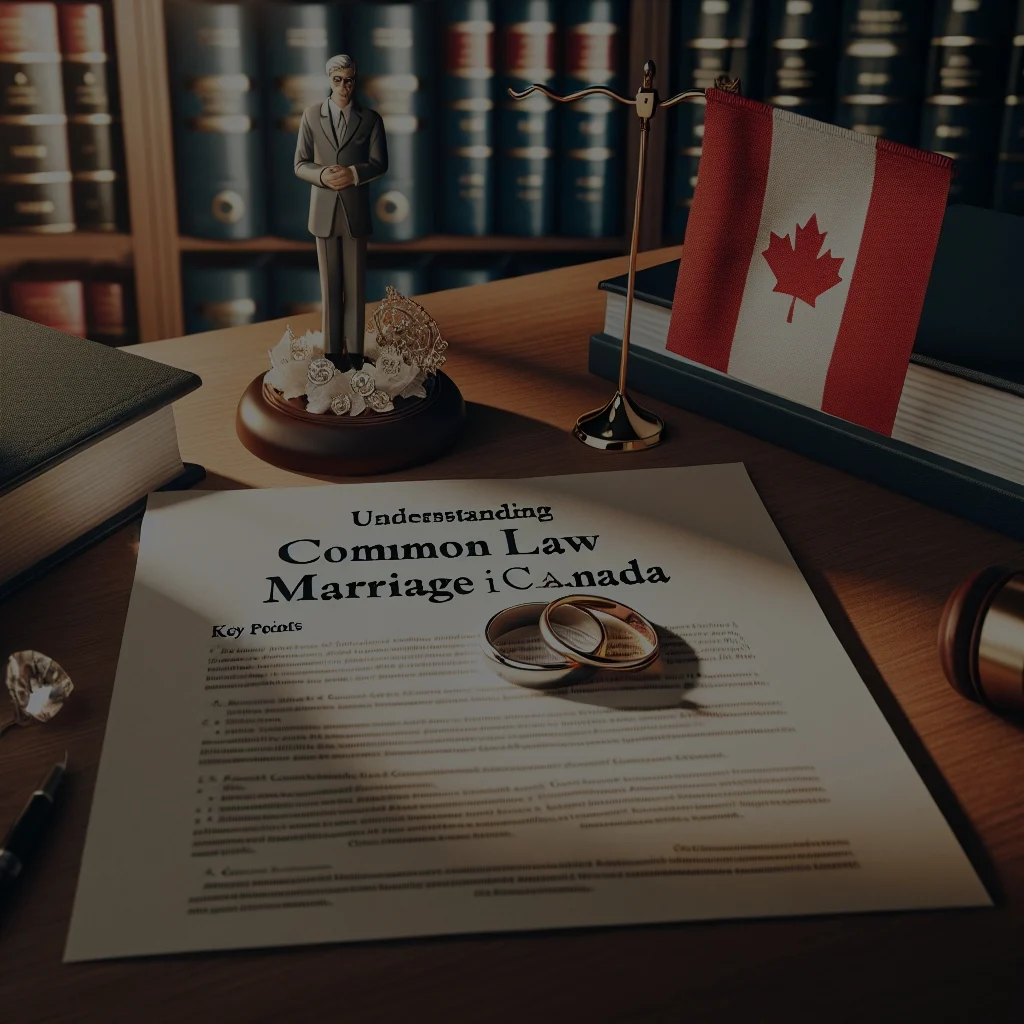In Canada, the legal profession comprises various roles, each playing a crucial part in the functioning of the justice system. Among these roles, lawyers and paralegals are prominent figures, often working collaboratively yet distinctly. Understanding the delineation between these professions is essential for those interested in pursuing a career in law or seeking legal assistance. This article explores the differences between lawyers and paralegals, their educational paths, daily responsibilities, and the collaborative nature of their work within the Canadian legal framework.
Defining the Distinct Roles of Lawyers and Paralegals
Lawyers and paralegals serve different functions within the legal system, despite their overlapping areas of expertise. Lawyers, who must obtain a law degree and pass a bar exam, are legally authorized to represent clients in court, provide legal advice, and negotiate on behalf of their clients. Their role often involves complex legal analysis, advocacy, and the ability to interpret and apply the law in various contexts. A lawyer’s responsibilities extend beyond the courtroom, encompassing client consultations, case strategies, and legal documentation.
Paralegals, on the other hand, are trained professionals who support lawyers by performing essential tasks that do not require a law degree. While they can conduct legal research and draft documents, they are prohibited from representing clients in court or providing legal advice. Paralegals often work under the supervision of a lawyer and may specialize in specific areas of law such as family, criminal, or corporate law. Their expertise is crucial in ensuring that lawyers can focus on litigation and strategic legal matters, allowing for a more efficient legal process.
Additionally, the roles of lawyers and paralegals differ in terms of regulatory oversight. In Canada, lawyers are regulated by provincial law societies, with strict guidelines governing their practice. Paralegals also face regulation, though it varies by province. For instance, Ontario has a distinct regulatory framework for paralegals, allowing them to operate independently in certain capacities, while other provinces may require paralegals to work directly under a lawyer’s supervision. This regulatory distinction highlights the varying levels of responsibility and independence within the two professions.
Educational Paths: How to Become a Lawyer or Paralegal
The educational journey to becoming a lawyer in Canada is extensive and rigorous. Prospective lawyers must complete an undergraduate degree before attending law school, which typically lasts three years. Following their law degree, graduates must complete the bar admission course and a period of articling, which involves practical training under the supervision of a licensed lawyer. This comprehensive process ensures that lawyers possess the necessary knowledge and skills to navigate the complexities of the legal system effectively.
In contrast, the path to becoming a paralegal is generally shorter and more focused. Many paralegals obtain a diploma in paralegal studies from a community college, which can take one to two years. Some colleges offer specialized programs that include internships or cooperative placements, providing practical experience in the legal field. While paralegals do not require a law degree, they must have a solid understanding of legal principles, procedures, and ethics to perform their duties effectively and support the work of lawyers.
Continuing education is vital for both lawyers and paralegals. Lawyers are required to complete continuing professional development (CPD) to maintain their license, ensuring they stay updated on legal changes and best practices. Similarly, paralegals may pursue additional certifications and training to enhance their expertise in specific areas of law. This commitment to ongoing learning underscores the importance of professionalism and competency within both roles in the Canadian legal landscape.
Daily Responsibilities: A Closer Look at Both Professions
The daily responsibilities of a lawyer often revolve around client management, legal research, and court appearances. Lawyers are tasked with meeting clients to discuss their legal issues, drafting legal documents, and arguing cases in court. They also spend a significant amount of time analyzing case law, preparing for trials, and negotiating settlements. The complexity of their responsibilities requires strong analytical, communication, and advocacy skills, as they must effectively represent their clients’ interests in various settings.
Paralegals play a supportive yet vital role in the legal process, often handling tasks that allow lawyers to focus on high-level legal strategy. Their daily responsibilities may include conducting legal research, preparing briefs, drafting contracts, and organizing case files. Paralegals often act as a liaison between clients and lawyers, ensuring that communication is clear and effective. Their meticulous attention to detail and organizational skills are essential in managing the numerous documents and deadlines associated with legal cases.
While their roles may differ, both lawyers and paralegals share a commitment to providing effective legal services to clients. Successful collaboration between the two professions can lead to more efficient case management and better outcomes for clients. As paralegals assist lawyers in navigating the complexities of a case, lawyers can devote their time and expertise to critical legal matters, ultimately improving the overall efficiency of legal practice in Canada.
Navigating the Legal System: Teamwork in Action in Canada
The collaborative relationship between lawyers and paralegals is a cornerstone of effective legal practice in Canada. By working together, they can leverage their respective skills to ensure that clients receive comprehensive legal representation. This teamwork is particularly beneficial in complex cases requiring extensive research and documentation, where paralegals can streamline processes and allow lawyers to concentrate on strategic litigation. The synergy between the two roles is essential for managing the increasingly demanding nature of legal work.
In addition to enhancing efficiency, the collaboration between lawyers and paralegals fosters a supportive environment that benefits clients. Paralegals often serve as the first point of contact for clients, providing them with essential information and support throughout the legal process. Their ability to communicate effectively and empathize with clients can create a positive experience, which is invaluable in times of legal distress. Lawyers, in turn, rely on the expertise of paralegals to ensure that the legal aspects of a case are handled meticulously, allowing them to focus on advocacy and client representation.
As the legal landscape continues to evolve, the roles of lawyers and paralegals in Canada will likely adapt to meet new challenges. With the rise of technology and changing client expectations, both professions must embrace innovation and collaboration to navigate the complexities of modern legal practice. By understanding and appreciating the distinct roles of each profession, legal practitioners can create a more effective and responsive legal system that serves the needs of Canadians.
In conclusion, the distinction between lawyers and paralegals is significant in the Canadian legal context, with each playing a unique and complementary role. By understanding their differences in responsibilities, educational paths, and collaborative dynamics, individuals can make informed decisions about their legal careers or the assistance they require. As the legal profession continues to evolve, the partnership between lawyers and paralegals will remain a vital element in delivering effective legal services and ensuring that the justice system operates smoothly.
Navigating the Appeal Process: A Guide for Canadian CourtsUnderstanding Impaired Driving Penalties Across CanadaUnderstanding Your Rights When Arrested in CanadaRelevant LinkRelevant LinkRelevant LinkNavigating the Appeal Process: A Guide for Canadian CourtsUnderstanding Impaired Driving Penalties Across CanadaUnderstanding Your Rights When Arrested in CanadaRelevant LinkRelevant LinkRelevant Link



